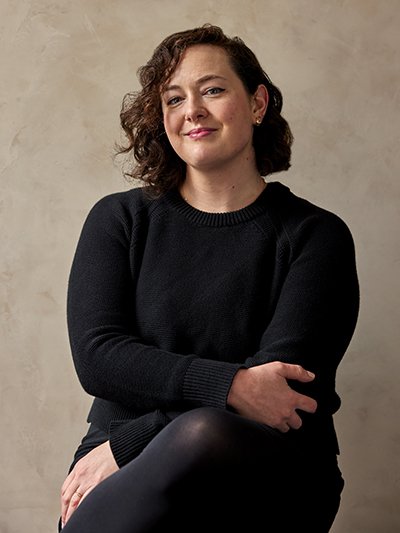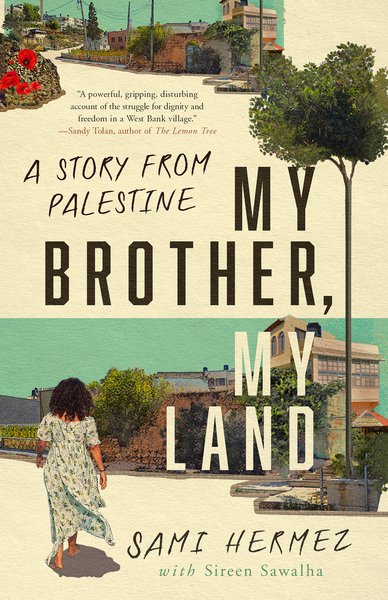
Academic Repression in Israel
As Israel’s criminal war in Gaza continues, with death, destruction, and starvation reaching disastrous dimensions, Palestinian and critical Jewish faculty and students in Israeli academia are facing unprecedented repression - including suspensions, dismissals and even arrest. Join colleagues from the grassroots organization Academia for Equality for a conversation on the situation in Israeli universities and colleges and the state of the struggle for academic freedom.
Speakers
Anat Matar Philosopher and author, The Poverty of Ethics
Sawsan Zaher Human rights lawyer and legal adviser, Emergency Coalition in Arab Society
Avi-ram Tzoreff Historian, Academia for Equality's Solidarity Team
Khaled Furani Anthropologist and co-editor, Inside the Leviathan: Palestinian Students in Israeli Universities
Chair
Nadia Abu El-Haj Anthropologist and co-director, Center for Palestine Studies, Columbia University
Organized by Academia for Equality. and o-Sponsored BRISMES; Committee on Academic Freedom, MESA; Center for Palestine Studies, Columbia University.

















